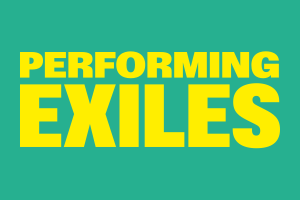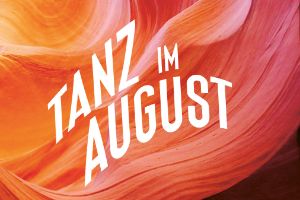
Charles Mingus
Double bass player Charles (Charlie) Mingus (1922 – 1979) is one of the greats of American jazz and one of the most important representatives of modern jazz. In his compositions, which integrated a wide range of jazz influences and styles, Mingus managed to structure and oversee expansive developments and sequences without limiting the improvisational spontaneity of his fellow musicians. Furthermore, Mingus was an eminent exponent of the “Third Stream” proclaimed by composer Gunther Schuller, a combination of jazz and New Music in the US.
Mingus was born in Arizona and grew up in Los Angeles. He enjoyed a double-tracked musical training: He took lessons with a jazz bassist and also studied European art music. He got his first engagements in his early 20s, with Louis Armstrong’s band among others, and became a member of Lionel Hampton’s big band in 1946. Over the following years, Mingus played in formations ranging from trios to big bands together with just about every musician of distinction in the American jazz scene, among them Charlie Parker, Dizzy Gillespie, Miles Davis, Duke Ellington and Stan Getz, setting new standards for the position of the double bass in jazz.
The decade from about 1956 was to be his most creatively fruitful period. Mingus frequently performed with ensembles of his own, mainly as quintets or sextets, and recorded numerous records, some of them for labels that he had founded. At the same time, Mingus distinguished himself as a political musician, taking a vehement stand against rampant racism in the US. Following a crisis of both health and finances, his fame faded somewhat. From around 1970 onwards, he performed again on occasion.
As of June 2022.
